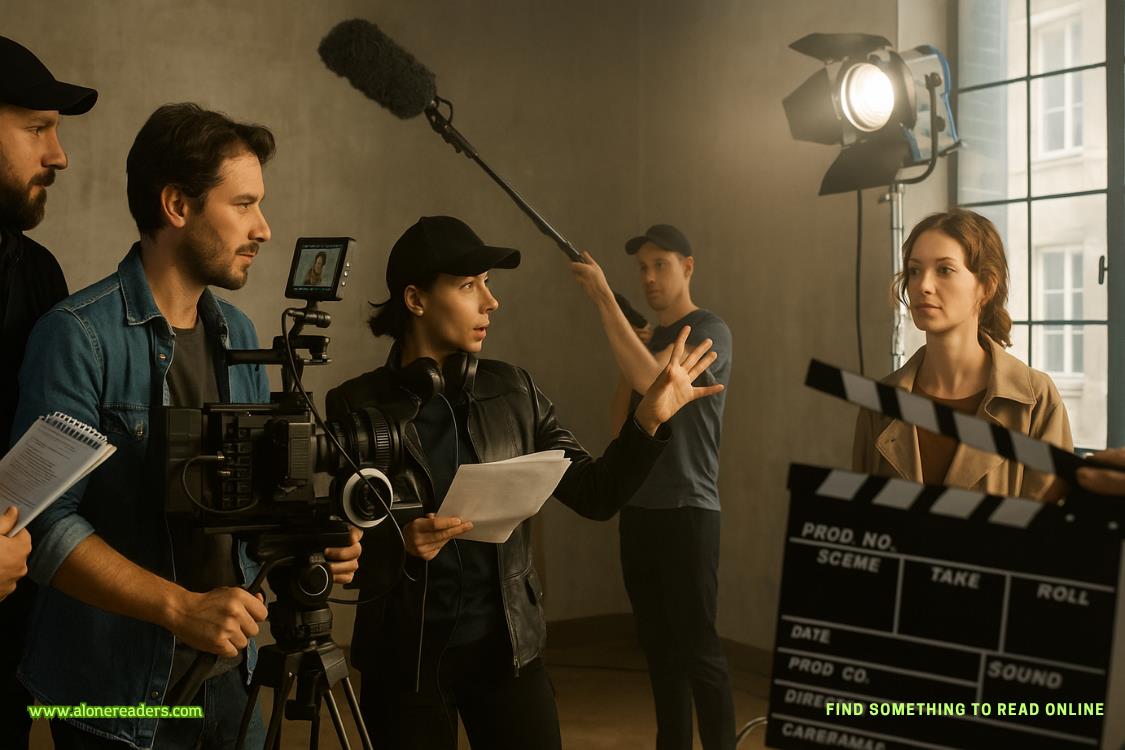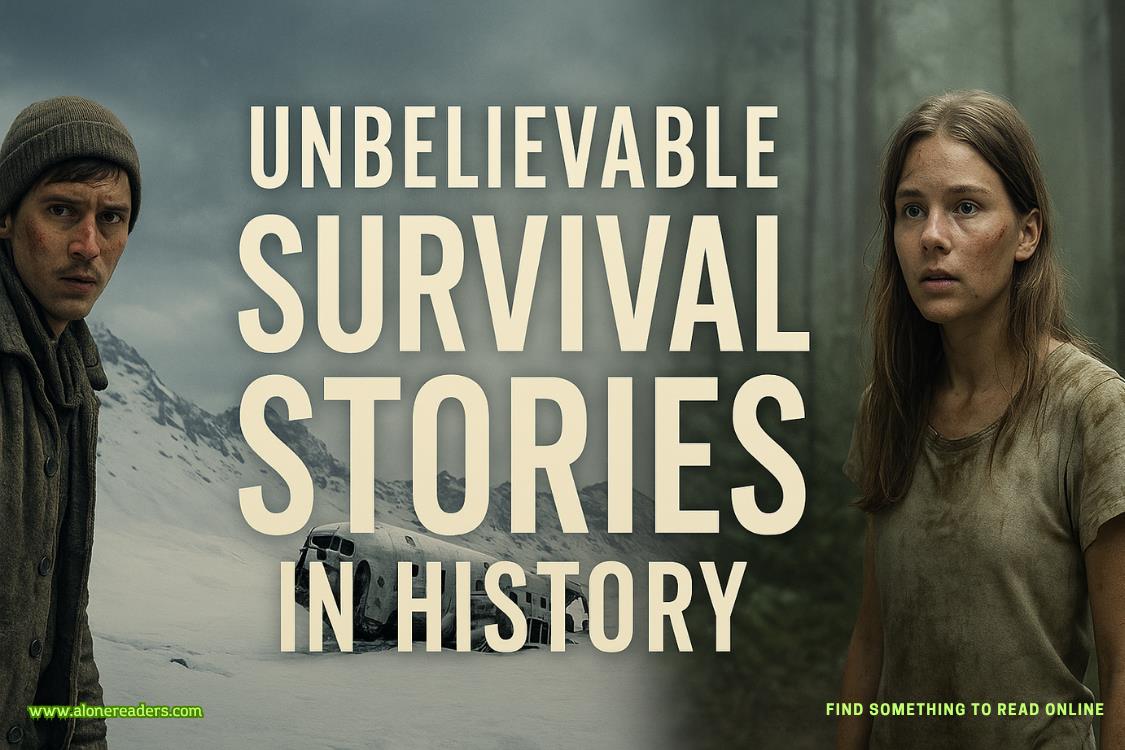Page 163 of The Americana Playbook
Lo smirks at me. “For loving you.” She laughs.
“I guess it wouldn’t be the first time.” I let go of her as the Rebels’ kicking team takes the field, but now, fifteen yards further back.
Lo hands me my beer and I’m bringing it to my lips when I spot Fitz on the sideline. He’s got a headset on, so clearly he’s talking to someone else. But he smiles, letting me see that dimple from a distance, and what he mouths to me, I hear above the cheers of tens of thousands of fans.
Rebels Only.
* * *
FIVE YEARS LATER
AMERICA’S SWEETHEARTS AT HOME IN A NEW ERA
Rebecca Morris
The Boston Journal,Sports & Style
The first time I met Parker Rhodes in a Boston hotel room, I had no idea what was about to hit me. And I had no idea, 5 years later, that the hits would keep on coming. But the reason for this is a testament to Rhodes’s persistence, resistance, and as she jokes darkly, “good coaching from my husband.”
I’ve met with Parker two other times since that day in the hotel. One of those times I accompanied her on a plane from Boston to Washington, DC, where she was heading to testify in front of a congressional committee in support of a bill against institutional child abuse. It was September, prime football season. It also was also the last fall her father would spend in office, losing his re-election months later.
With us, of course, was her husband, Fitz, who missed practice to be with his wife. It’s something you imagine doesn’t fly for starting quarterbacks. But considering it was his former coach who had a hand in Parker’s story, The New England Rebels easily made an exception.
“They were very supportive of that,” Fitz tells me. Even though it’s been a year since he retired, he still palms a football. So little has changed, except his receiver is his two year old, Clara, whom he squats for when tossing the ball.
“Go long,” he tells her.
But Clara toddles off. “No, no.”
It’s hard to tell who little, dark-haired Clara resembles more at the moment, so I ask their opinion.
“She’s her mother re-incarnated,” Fitz says as he follows Clara toward her playhouse, a miniature version of the Rhodes home I visit today, complete with a robin’s egg-colored door.
“He says that because her favorite word is no.” Parker laughs from where we sit on the patio of the couple’s home, that they built and moved into before their daughter was born, in the town where it all started.
It’s hard to imagine Manhasset ever has a day that isn’t beautiful. Nestled on the south shores of Massachusetts, the small town has managed to hold onto the charm it was founded with. It seems fitting that a love story that once captured the hearts of the nation was born in such a special place.
But the homes Parker and Fitz grew up in are long gone—his figuratively, and hers under new ownership.
“Do you miss Captain’s Cottage?” I ask. If I squint, I can make it out on the other side of the cove.
Parker shakes her head. “It was never mine to miss.”
“And your family? Do they miss it?”
“You’d have to ask them.”
Not long after Parker’s father left the White House, he and his wife returned to the home that has been in the Montgomery family for generations. But their full time, civilian tenure there didn’t last long. As Parker’s story gained more and more coverage, the townspeople ran them out, quite literally.
“I saw a lot of coverage of the demonstrations on the street,” she tells me. “I never went.”
The property went up for sale months after Walter and Candice Montgomery became permanent residents in Florida and was purchased by Parker and Fitz before being sold to the town for fifty dollars.
“There’s so much history there,” Parker says after she asks me if I’ll join her in the kitchen so she can make her daughter lunch. “For me, the place had my best and worst memories. But it was just a house. I can still keep the good memories, like all the ones with my grandmother. I’m working on letting the bad ones go. But for people who care about this town, this country? It’s a gem. I mean, Abe Lincoln spent a weekend there. People care about that. Just not us. We aren’t history buffs.”
What Parker cares about, I point out, might one day be read in history books.
She snorts. “I don’t think I’m that interesting.”
- His to Command by Emma Bray
- Detention with Daddies by Sofia T. Summers
- Daddy's Heart by Dani Wyatt
- Tarnished Hands by T.L. Smith
- The Way We Win by Tia Louise
- Tracked By Hound by Cassi Hart
- Until Presley by E.M. Shue
- Love in Excess by N. Slater
- The Madness Within by Raja Savage
- Greek's Enemy Bride by Caitlin Crews
- Taken by Lena Little
- Maddox by Piper Stone
- Property of Madman by Sapphire Knight
- Sacrificing Zoriah by Emily Klepp
- Omega's Triplets by J.L. Wilder
- Tag by Natalie Bennett







